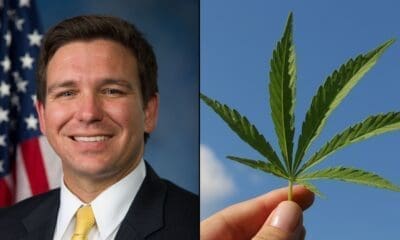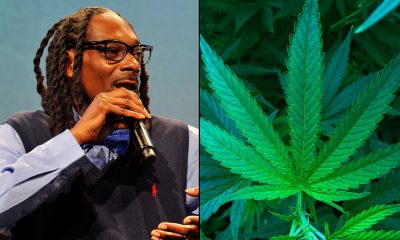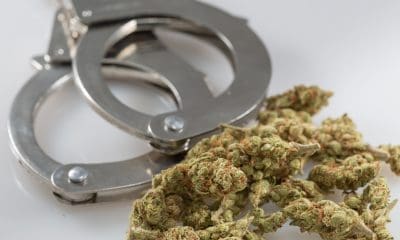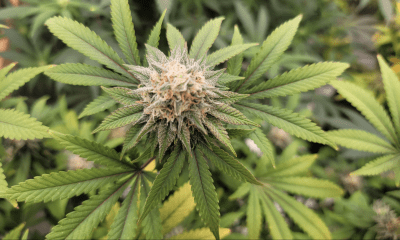Politics
Marijuana Won Tuesday’s Election
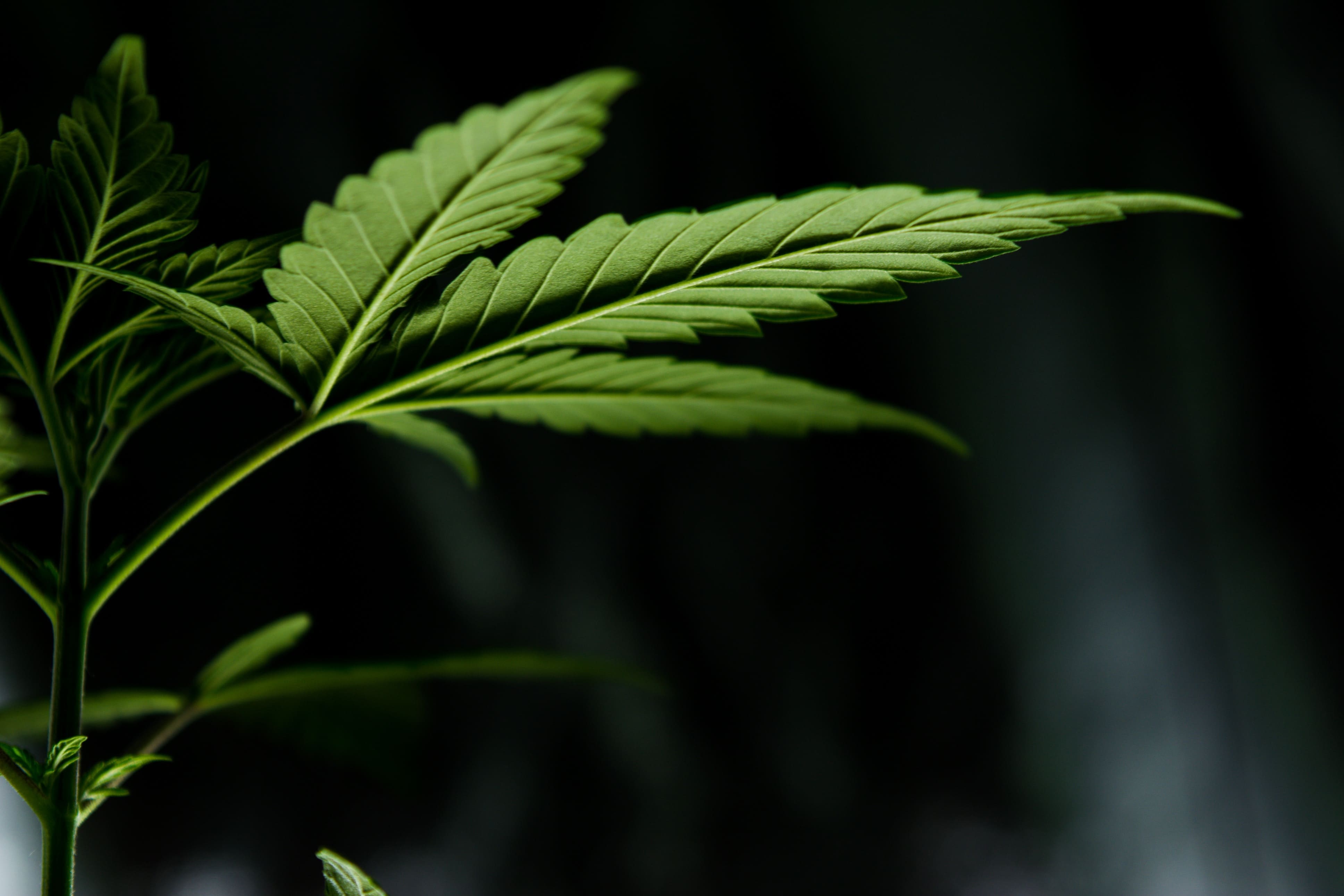
Voters in two states chose new governors on Tuesday. Both of those elections — as well as the results of a number of local races across the country — will have huge implications for efforts to legalize marijuana.
Here’s an overview of cannabis-specific ballot measures that voters approved, along with details on how the Democratic gubernatorial wins in New Jersey and Virginia will boost marijuana reform campaigns in those states.
New Jersey Governor-Elect Phil Murphy
Phil Murphy, the incoming governor, campaigned on marijuana legalization.
“The criminalization of marijuana has only served to clog our courts and cloud people’s futures, so we will legalize marijuana,” he said during his primary night victory speech. “And while there are financial benefits, this is overwhelmingly about doing what is right and just.”
This summer he tweeted, “NJ’s marijuana laws cost $143M/yr & come w a 3:1 racial disparity in arrests.”
With Murphy replacing vocal cannabis opponent Chris Christie (R) as governor, New Jersey is poised to potentially become the first state to allow legal recreational marijuana sales with an act of its legislature, as opposed to by voters through a ballot measure.
Senate President Stephen Sweeney (D) is “committed” to bringing up a legalization bill early in 2018. “We are going to have a new governor in January 2018,” he said. “As soon as the governor gets situated we are all here and we intend to move quickly on it.”
Virginia Governor-Elect Ralph Northam
Ralph Northam, who just got a raise from lieutenant governor to the state’s top job, made marijuana decriminalization a centerpiece of his campaign, often putting the issue in stark racial justice terms.
“We need to change sentencing laws that disproportionately hurt people of color. One of the best ways to do this is to decriminalize marijuana,” he wrote in a blog post. “African Americans are 2.8 times more likely to be arrested for marijuana possession in Virginia. The Commonwealth spends more than $67 million on marijuana enforcement — money that could be better spent on rehabilitation.”
Northam also sent a letter to the Virginia State Crime Commission, which is conducting a review of the effects of potential decriminalization. “Virginia spends $67 million on marijuana enforcement – enough to open up another 13,000 pre-K spots for children,” he wrote. “African Americans are nearly 3 times as likely to get arrested for simple possession of marijuana and sentencing guidelines that include jail time can all too often begin a dangerous cycle of recidivism.”
GOP Senate Majority Leader Tommy Norment has already announced he will introduce legislation next year to decriminalize first-time marijuana possession offenses.
Also on Tuesday, Democrats picked up a large number of seats in the House of Delegates, which likely bodes well for Northam’s efforts to pass cannabis reform bills. Still-pending results in a handful of House of Delegates races could flip the chamber to Democratic control altogether.
Northam has also spoken in favor of expanding the state’s limited medical cannabis law and allowing industrial hemp.
Athens, Ohio, Marijuana Ordinance
Voters in the college town overwhelmingly approved a measure to completely eliminate fines and court costs for possessing and cultivating up to 200 grams of marijuana, a move that advocates believe will significantly disincentivize police from making low-level cannabis arrests. The result was 77 percent to 23 percent.
Last year, similar depenalization measures were passed in several other Ohio cities. Together, the results increase pressure on state lawmakers to more seriously consider further reform’s to overarching marijuana prohibition laws following last year’s passage of medical cannabis legislation.
Philadelphia District Attorney
Lawrence Krasner, the incoming top prosecutor, is a vocal criminal justice reform advocate who has made bold statements about cannabis enforcement.
“One of the things we see in other jurisdictions is that, where marijuana is readily available, there’s a 25 percent reduction in opiate/opioid overdose deaths,” he said this year. “So if Philadelphia is looking at 500 opiate/opioid overdose deaths a year, a district attorney, by choosing not to enforce against marijuana usage, can potentially save 125 lives. That’s what a district attorney should exercise his or her discretion to do.”
Detroit Medical Cannabis Propositions
Voters in Wayne County strongly approved two ballot measures that will allow medical cannabis business to operate in more areas and to stay open longer.
Advocates appear likely to place a full marijuana legalization measure on Michigan’s 2018 statewide ballot, and Detroit’s strong show of support for cannabis commerce bodes well for that broader effort.
New York Constitutional Convention Proposal
Voters resoundingly rejected a ballot proposition to convene a constitutional convention that some advocates hoped would provide a pathway toward marijuana legalization. Others remained skeptical of the multi-step plan to first pass the proposition and then elect anti-prohibition delegates in 2018, lobby the convention to approve a cannabis amendment and then ask voters to pass that on the ballot.
Now, advocates will focus their efforts on convincing the state legislature to pass legislation legalizing marijuana.
Look Ahead To 2018
Overall, Tuesday’s election results were extremely positive for marijuana reformers.
Next year, advocates are likely to qualify medical cannabis ballot measure in at least three states — Missouri, Oklahoma and Utah. Meanwhile, Michigan voters will probably decide on a full marijuana legalization measure.
And Murphy’s New Jersey will race Vermont and a handful of other states to become the first to end cannabis prohibition through legislators’ actions.
For now, it’s clear that marijuana just won the election.






